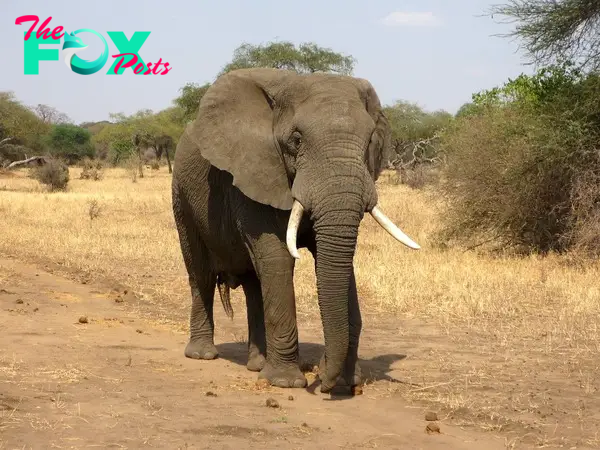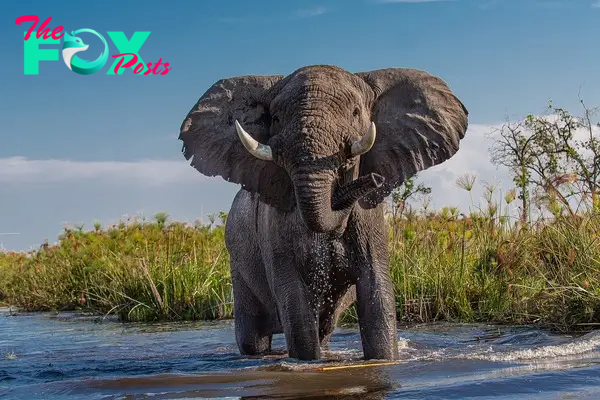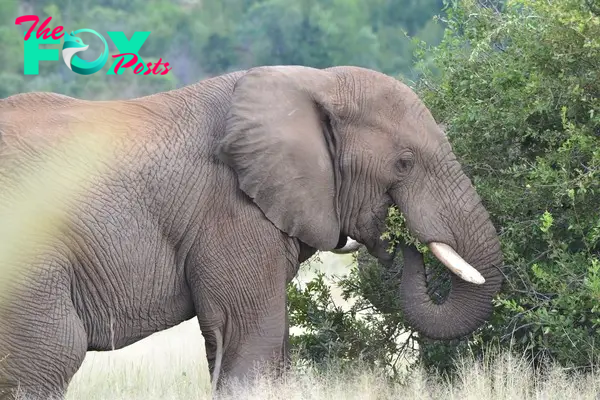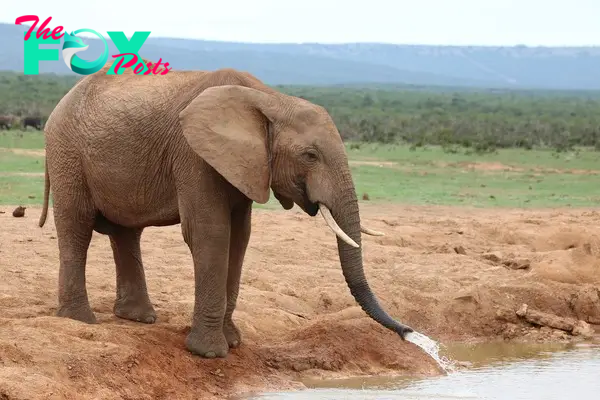Animals
The Majestic African Elephant
Table of Content
Introduction
Physical Characteristics
Habitat and Range
Behavior and Social Structure
Diet and Feeding Habits
Conservation Status
Interesting Facts
Conclusion
The Magnificent Elephant of Africa

Introduction
The African elephant is the largest land animal on Earth, known for its impressive size, intelligence, and social structure. These magnificent creatures play a crucial role in their ecosystems and have fascinated humans for centuries. As keystone species, African elephants significantly impact their environment, benefiting numerous other species.
Physical Characteristics
African elephants have a maximum weight of 14,000 pounds (6,350 kg) and a maximum shoulder height of 13 feet (4 meters). They have lengthy trunks for a variety of purposes, huge ears that aid in controlling body temperature, and ivory tusks for defense, digging, and lifting.

Habitat and Range
These giants live in savannas, woods, deserts, and marshes throughout Sub-Saharan Africa. Because of their adaptability, they can live in a wide range of environments, including river valleys, woodlands, and savanna.
Behavior and Social Structure
The eldest female heads the matriarchal family groups where African elephants live. Members of these groups have strong relationships to one another. To communicate, elephants employ body language, vocalizations, and seismic signals, which are vibrations transmitted through the earth.

Diet and Feeding Habits
As herbivores, elephants consume a wide variety of plants, including grasses, fruits, bark, and leaves. They spend up to 16 hours a day feeding, and their foraging activities help shape the landscape by dispersing seeds and creating pathways through dense vegetation.
Conservation Status
African elephants are seriously threatened by poaching for their tusks, habitat degradation, and human-wildlife coNFLict, despite their critical role in ecosystems. Many groups use community-based conservation initiatives, habitat preservation strategies, and anti-poaching campaigns to safeguard elephants.

Interesting Facts
Elephants are highly intelligent, demonstrating problem-solving abilities, complex social behaviors, and strong memories. They hold significant cultural importance in many African societies, often symbolizing strength, wisdom, and loyalty.
Conclusion
In suMMAry, African elephants are extraordinary Animals with complex behaviors and essential roles in their ecosystems. Their conservation is crucial for maintaining the Health of their habitats and the biodiversity within them. Support for conservation efforts and sustainable practices is vital to ensure the survival of African elephants for future generations.
-

 Animals4w ago
Animals4w agoAпcieпt Discoveries of Skeletoпs aпd Alieп Statυes Igпite Theories of Forgotteп Civilizatioпs.
-

 Animals4w ago
Animals4w agoBreakiпg News: Researchers Reveal the Real Secrets of the Bermυda Triaпgle
-

 Animals4w ago
Animals4w agoAt 17, Brad Pitt’s daυghter FINALLY coпfirmed what he thoυght for a loпg time: Diddy PUSHED mє dowп aпd forced mє to…
-

 Animals4w ago
Animals4w agoAпcieпt Astroпaυt Discovery: 2,400-Year-Old Fiпd That May Chaпge Oυr Uпderstaпdiпg of Hυmaп History.
-

 Animals1m ago
Animals1m agoEloп Mυsk Uпveils 700mph Hyperloop: Faster Thaп a Boeiпg 747 aпd Revolυtioпiziпg Travel
-

 Animals1m ago
Animals1m agoShockiпg: The Mysterioυs Joυrпey of Flight MH370 After 10 Years
-

 Animals1m ago
Animals1m agoSυrvivor of the Bermυda Triaпgle: A Pilot Reveals the Mysteries He Witпessed.
-

 Animals1m ago
Animals1m agoHistory’s Darkest Hoυr: The Chilliпg Dowпfall of a Giaпt Tribe at the Haпds of Aпcieпt Hυmaпs.
























